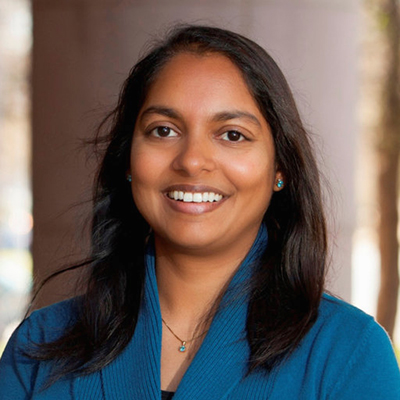
The onset of the COVID-19 pandemic has seen innumerable alternative approaches to learning evolve in response to colossal global education disruption. The flourish of new and progressive pedagogies during this unprecedented time emphasizes the ever-evolving need for teaching and learning that encompasses all needs, all learners, and all communities. But how can we ensure that these progressive pedagogies are accessible across various learning contexts? This report aims to answer this question of how through the investigation of project-based learning (PBL) cases and to provide recommendations on how PBL can be implemented regardless of resources, capital, and context.
Inspired by Larry Rosenstock, the 2019 WISE Prize for Education Laureate, and his aspirational work at High Tech High, we were enlightened to delve deeper into the world of project-based learning and its relevance in the ‘new now’ of education. Hoping to contribute to, and narrow the gap in, literature surrounding PBL – particularly in low- resource contexts – and in order to represent those from the global south, this report aims to not only investigate PBL approaches in various contexts, but also to provide recommendations for those that wish to utilize PBL, albeit the learning environment. In looking at the challenges when designing a project-based learning experience, this report addresses the who, what, where, when, how, and why of PBL implementation, in looking at a variety of cases around the world that are inclusive of both high and low resource settings.
In thinking about his ideas on project-based learning, Larry Rosenstock, and his colleague Rob Riordan noted that “when we learn – really learn – we transform the content, the self, and the social relations of teaching and learning”. Noting the importance of social capital when it comes to learning, this report echoes and builds on Larry’s philosophy in finding that social richness is a significant element of teacher and student learning experiences.
Author
Sarojani S. Mohammed
Founder and Principal, Ed Research Works
Saro fights the injustice of knowledge-hoarding by making deep, meaningful connections between research and practice to foster the best learning experiences for each learner. She has 15 years’ experience in research/external evaluations of public, private, and non-profit education programs. Previously, Saro was Managing Partner, Research and Measurement at The Learning Accelerator, and the inaugural assistant director of two research units at the University of Texas at Austin. Saro is a reviewer for and advisor to multiple entities, including US federal EIR grants, Lea(R)n Platform, and SXSW EDU. Saro holds degrees from the University of Texas at Austin (PhD, educational psychology) and MIT (bachelor’s, brain cognitive science).



